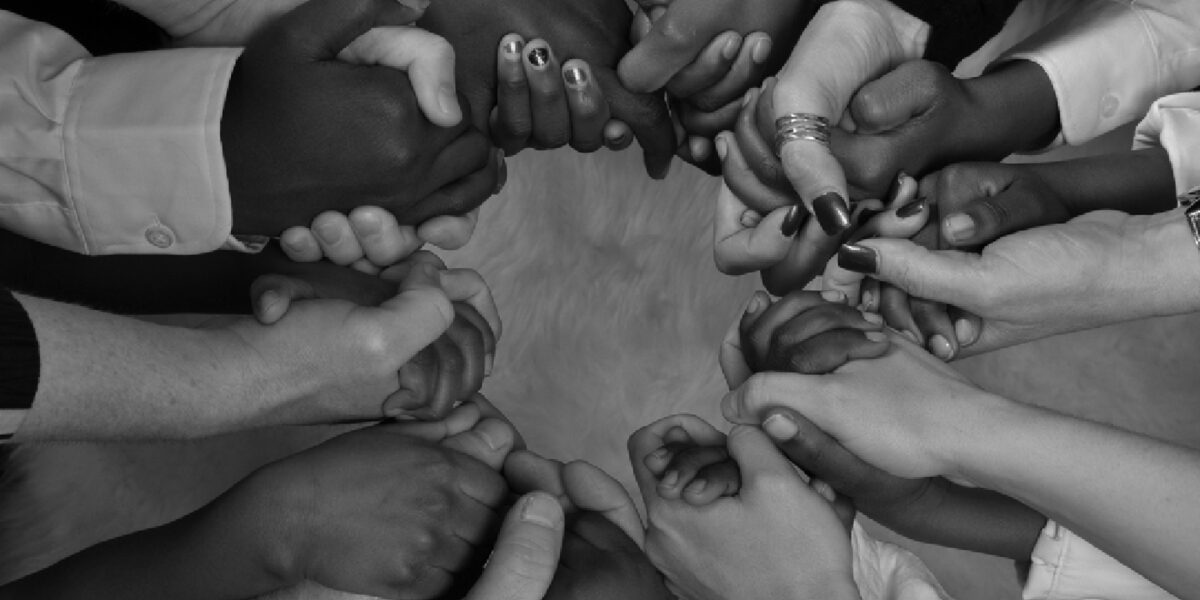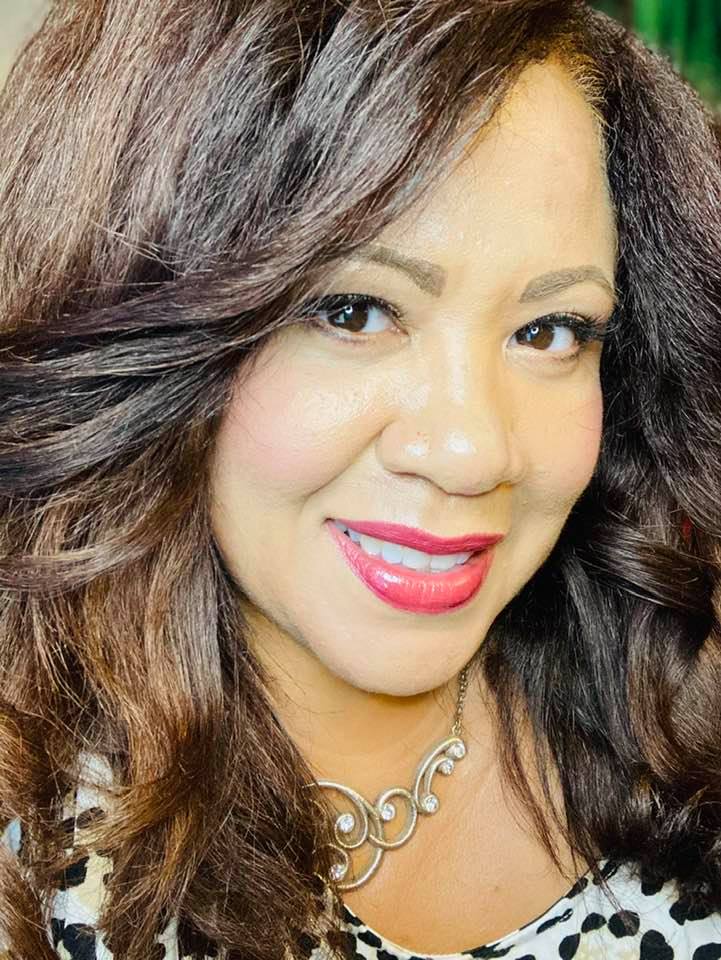Who can listen to a story of loneliness and despair without taking the risk of experiencing similar pains in his own heart and even losing his precious peace of mind? In short: "Who can take away suffering without entering it? — Henri J.M. Nouwen, The Wounded Healer: Ministry in Contemporary Society
Out of her deep concern for the well-being of African-American Anabaptist leaders, Ann Jacobs, Mennonite Mission Network’s Church Relations Representative and minister for African-American Mennonite constituents, invited me, in August, to co-lead a three-part webinar titled "Trauma Stewardship and Healing."
The word "trauma" means "wound." This is what Thomas Norman DeWolf and Jodie Geddes write about in The Little Book of Racial Healing: Coming to the Table for Truth -Telling, Liberation, and Transformation. Many African-American pastors and lay leaders in the wider Mennonite Church have experienced the inner pain and deep despair of a "wounded healer." These healers are those who minister out of their experience of pain and struggle.
Recently, those leaders have incurred fresh wounds. On May 25, George Floyd, a 46-year-old African-American, was killed in Minneapolis, Minnesota, while being arrested on suspicion of using a counterfeit bill. He died after being handcuffed and pinned to the ground by a white police officer’s knee for 8 minutes and 46 seconds.
This traumatic encounter was captured on video for the world to witness. Carolyn Yoder, author of The Little Book of Trauma Healing, writes: "When a traumatic event or series of events affects large numbers of people, we speak of societal or collective trauma. Trauma may be directly experienced, but it can also occur when witnessing (e.g. on television) or merely hearing about horrific events. Whether direct or indirect, a group experience of trauma can set off widespread fear, horror, helplessness, or anger."
The recent deaths of Ahmaud Arbery, Breonna Taylor and George Floyd traumatically affected the African-American community while they were also struggling to make sense of —and survive —a pandemic. The pandemic spotlighted the social disparities still prevalent throughout our society.
The Substance Abuse and Mental Health Services Association (SAMSA) states that the COVID-19 "pandemic has revealed deep-seated inequities in health care for communities of color and amplifies social and economic factors that contribute to poor health outcomes. Recent news reports indicate that the pandemic disproportionately impacts communities of color, compounding longstanding racial disparities."
The disproportionate number of Black and Brown people dying due to COVID-19, whether in our church communities, our families, or society at large, has evoked symptoms of Post-Traumatic Stress Disorder (PTSD) and relentless cycles of grief for the people in those communities.
The online gathering, fostered by the "Trauma Stewardship and Healing" webinar, provided a safe space for leaders to express their concerns, share their stories, and connect with others for support and prayer. As co-leaders, Ann Jacobs and I invited participants to embark on a therapeutic journey of self-awareness, wholistic healing and courageous conversations. We also presented information on racial healing, trauma stewardship, restorative justice and radical self-care practices. Together, we created a "container" that honored the values of dignity, honesty, humility, trust and love.
One of the most powerful aspects of our discussion was one participant’s testimony of miraculous healing. The participant shared a near-death experience sparked by societal stress and lack of self-care. This prompted on the group to further discuss the importance of focusing on wellness and prioritizing health. We wrestled with the question, "How do we, as leaders, prioritize our emotional and mental health while caring for and serving others?"
We also explored some key principles of trauma stewardship:
- Creating space for inquiry
- Choosing our focus
- Building compassion and community
- Finding balance
- Establishing a daily practice of centering oneself
These principles cannot help leaders to avoid trauma, but they can shape leaders into effective stewards of their trauma. This idea is promoted by authors Laura van Dernoot Lipsky and Connie Burk in Trauma Stewardship: An Everyday Guide to Caring for Self While Caring for Others. The authors believe that "[t]hose who support trauma steward-ship believe that both joy and pain are the realities of life…" and that "trauma stewardship calls us to engage oppression and trauma— whether through our careers or in our personal lives—by caring for, tending to, and responsibly guiding other beings who are struggling." " The authors assert that suffering can be transformed into meaningful growth and healing when a quality of presence is cultivated and maintained, even in the face of great suffering.
We centered the webinar on the harsh realities that Black and Brown communities face, which allowed members of the Mennonite community to be exposed to and to explore the topic.. This open-and-honest dialogue across cultural boundaries encouraged compassionate listening, empathy and Christian love.
May we continue to strive to become vessels of healing. Let us center ourselves so we can hear the voice of God through the stories of others. Together, we can work toward healing and transform our wounds into wellness.








